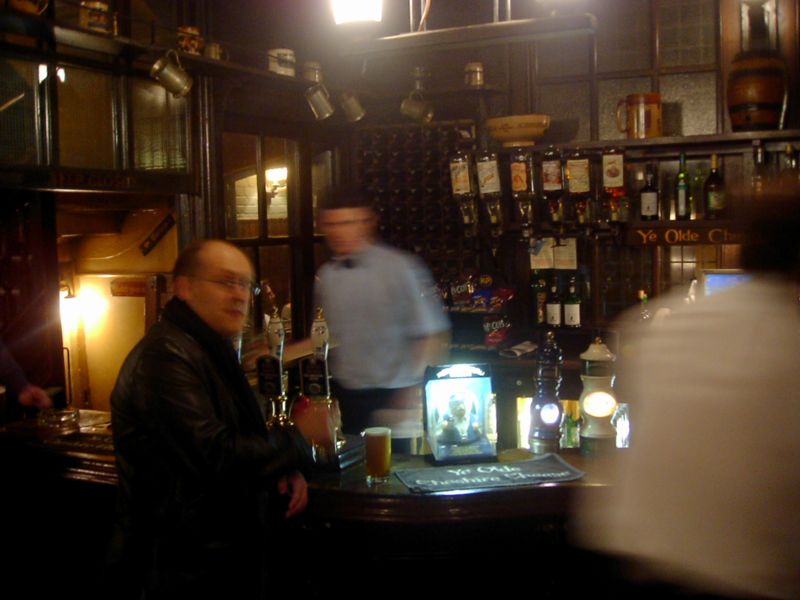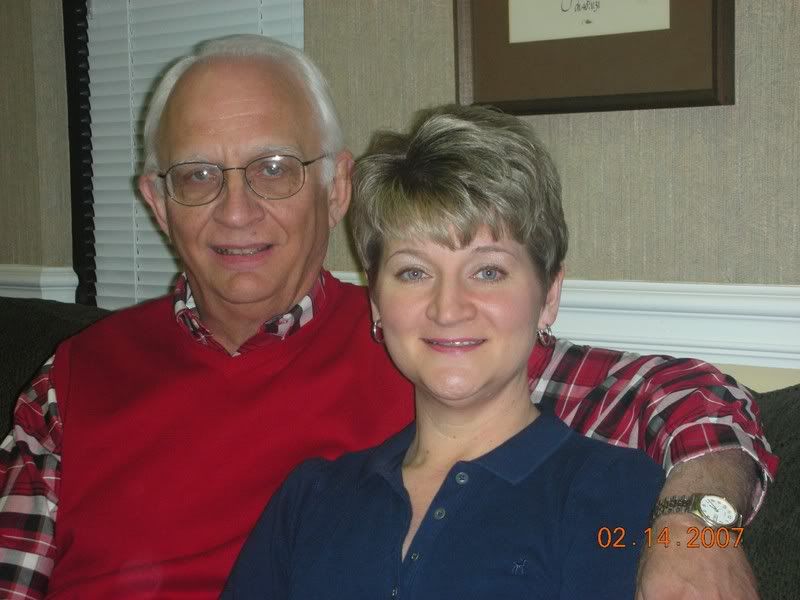 Some stories are just too good not to share and this is one of them. It was written by Danny Westneat of the Seattle Times and forwarded to me by our own Annie Ladner.
Some stories are just too good not to share and this is one of them. It was written by Danny Westneat of the Seattle Times and forwarded to me by our own Annie Ladner.The man's face looks like it got in a fistfight with life. His eyes are red, the sockets sunken and dark. He's missing a front tooth. He's drinking from two pint glasses of beer simultaneously, which he refills from a pitcher. He says it's his 37th birthday. Every now and then he lets out a whoop. But he's so drunk it sounds like he's being strangled. He's alone at the bar, so I slide onto the stool next to him.
Another man, bearded, bespectacled and wearing a cleric's collar, elbows up on the other side. After some chitchat about his birthday, the drunk leans into to me and slurs: "What's a priest doing here? Am I dying?" Yes, you are, I'm thinking. Instead I say: "He's not a priest. He's a Methodist minister. He's ... well, actually, he's a regular here."
The drunk isn't listening, so I wander off to watch the action at the pool table. Another Methodist minister is there, shooting stripes and solids against a tall, fast-talking blond man who goes by the name Dogboy.
A few months ago, this minister was the talk of the bar when he won $105 playing pull-tabs.
What are these ministers doing here -- at the SoundTrack Bar and Grill in Interbay, near the Ballard Bridge? Where earlier this year there was a police drug raid? And a shooting in the parking lot? And where tonight a working girl is sweet-talking any man who strays near the bar's side door?
"Where would Jesus hang out?" shrugs Pastor Rick Reynolds, the one with the spectacles. "Jesus ran with the hookers and the tax collectors. It's the opposite of where most church people say we should be going."
Reynolds is a street minister who runs Operation Nightwatch, a group providing food and shelter to the homeless. Most nights, it also dispatches ministers to wander Seattle's streets. To help out if someone needs it. But mostly just to be out there, a comforting presence in the night.
Reynolds chooses to do this in bars. It's easier to get to know people in a bar. The city's dives are jammed with what he calls "the pre-homeless -- people who are about to be homeless but won't realize it until closing time."
For years, Reynolds has worn the collar to some of Seattle's seediest taverns. Like the SoundTrack. Kelly's at Third and Bell downtown. The Red Front in the International District.
"There used to be 120 little drinking holes in and around downtown Seattle," Reynolds says. "You know, real places where working-class poor and neighbors and slumming rich would come and hang out together. Now they've almost all gone upscale."
He's not there to convert people or preach, he insists. Nor is he there to drink (though he goes outside with the crowd for the occasional smoke).
If someone asks for a prayer, he obliges. Other times, folks get hostile at the sight of the collar; the last thing they want in their den of sin is a sermon. So he shoots pool, or plays darts. He keeps coming back. Mostly he sits and listens. Sometimes that's enough. Like once when he sat with a drunk, jittery guy who saw the collar and confessed he had no faith. But the drunk went on, eventually talking about how he was getting too old to be hanging out with drug dealers and hookers. And then admitting he had a 10-year-old kid asleep at home. "He suddenly looked up and said 'Nice to meet you' and walked out," Reynolds said. "He left two-thirds of a beer on the counter. I haven't seen him back here since."
There are no breakthroughs the night I'm there. Nothing budges, at least not visibly so. The man with the missing tooth refuses Reynolds's offer of a bed at a shelter. He stumbles out. The other minister (the pull-tab playing one), Dave Bishop, gives a copy of the New Testament to the working girl. She tucks it away, scarcely pausing in her work.
Later we offer shelter to two men sleeping in a doorway. No thanks. We stop by another bar, now closed, to see if anyone huddled outside wants to get off the street. Nope.
Reynolds has been doing this since 1982. Does he ever feel it's futile?
He shakes his head.
"Having an entire night of superficial conversations with inebriated or drugged-out people may not seem very productive," he allows. "But being here is what's important. "We're not trying to change the world. We're just trying to be a little toehold of goodness."
What I can't stop thinking about is how we go through an entire year arguing about big issues, or agitating for big changes, yet in the end it's the humble, small stuff that sustains us. Like Reynolds. He doesn't say he's going to end homelessness or vanquish poverty. He's a "little toehold."
Imagine the patience and commitment and love it takes to dedicate your life to that.
The truth is this is the very thing to which we should dedicate our lives and if we should, the larger, apparently-more-important things would take care of themselves.
Your Pastor


No comments:
Post a Comment